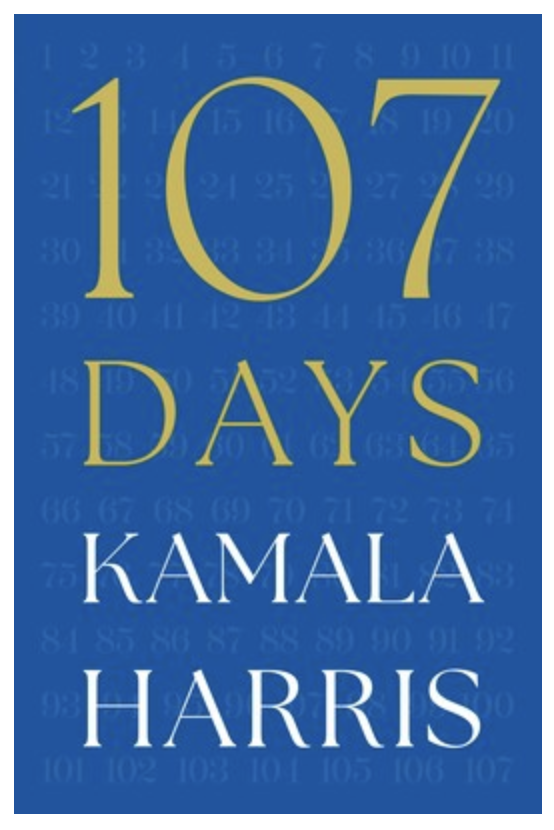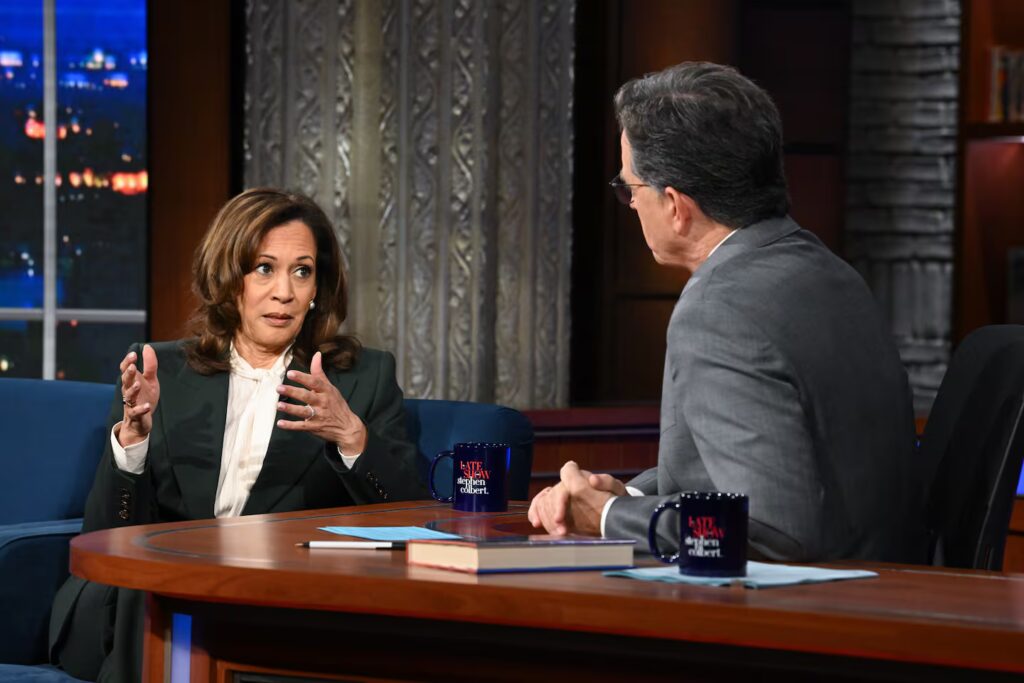After more than a year of speculation, former Vice President Kamala Harris has put an end to the guessing game about her political future. In a public statement released on July 30, Harris confirmed that she will not run for governor of California when Governor Gavin Newsom’s term expires. While many had long suspected this, few in Democratic circles had dared to voice it openly.

This announcement settles months of rumors surrounding Harris’s potential pivot to a statewide race following her historic but brief 2024 presidential campaign. It also raises new questions about her next move—whether she will return to electoral politics in the 2028 cycle, or take on a different role.
But the revelation didn’t stop there.
Harris also announced the release of her memoir, 107 Days, offering an insider’s perspective on her whirlwind presidential bid. The book chronicles her unprecedented three-month campaign, launched after President Joe Biden stepped aside and endorsed her as the Democratic nominee in the summer of 2024.
During a July 31 appearance on The Late Show with Stephen Colbert, Harris shared reflections on the highs and lows of her campaign. “I still believe in the ideals of this nation,” she said. “But I’m not reentering a system I believe is broken.”
Rather than returning to politics, Harris revealed plans to spend the next year traveling the country. She aims to engage with grassroots organizers, educators, and everyday Americans—not as a candidate, but as a concerned citizen focused on the nation’s future.
At The Defiant Lawyers Network, we’ve been following Harris’s journey closely. Her shift away from running for office opens up important discussions on the role of elected officials and how they interact with grassroots movements. It also adds a layer of complexity to the future of the Democratic Party and its direction in the coming years.
While the specifics of her future in politics remain unclear, her supporters are divided. Some view this as a strategic pause, not a final exit from political life. Others, who invested time and resources into her 2024 run, are uncertain about re-engaging—even if she were to make a comeback. Meanwhile, conservative critics are already framing her memoir tour as a soft launch for 2028, ready to rehash the polarizing narratives that defined her previous campaign.
One thing is clear: Kamala Harris may be stepping away from the ballot, but not from the battle.
As the nation faces an increasingly fragile democracy and deepening political divides, Harris’s next chapter promises to shape the political landscape in ways that may be subtler—and possibly more enduring—than any campaign could ever be.

